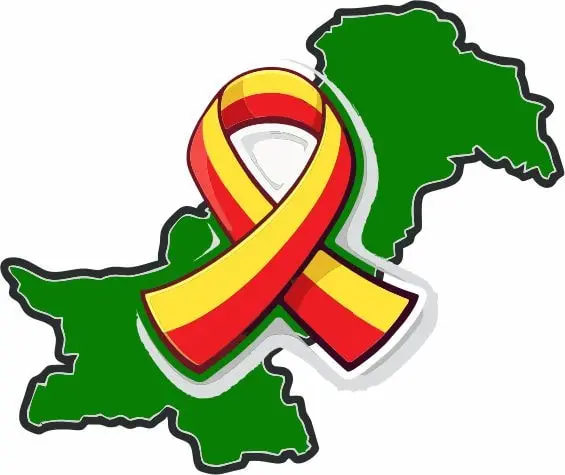High Prevalence of Hepatitis B and C Poses Challenges in Access to Treatment and Awareness
On World Hepatitis Day, the global community comes together to raise awareness about Hepatitis, its prevention, and treatment. In Pakistan, where the burden of this silent killer remains alarmingly high, the day serves as a crucial reminder of the urgent need to address the challenges posed by Hepatitis B and C.
According to recent statistics, Pakistan bears one of the highest hepatitis burdens in the world, with both Hepatitis B and C prevalent in the population. Hepatitis C, in particular, has taken a significant toll on the country, with an estimated 5-7% of the population affected. Furthermore, Hepatitis B remains a formidable health concern, with around 2-3% of the population chronically infected.
One of the alarming aspects of the hepatitis situation in Pakistan is the co-infection of both Hepatitis B and C in many individuals, presenting complex challenges for healthcare providers. Additionally, vertical transmission of Hepatitis B from mother to child during childbirth has led to a concerning number of newborns acquiring the infection.
A major hurdle in combatting the hepatitis epidemic is the lack of awareness among the public. Many individuals remain unaware of the modes of transmission, prevention methods, and available treatments, leading to delayed diagnosis and complications. Addressing this issue requires intensified efforts in raising public awareness through educational campaigns and community engagement.
Access to hepatitis testing and treatment remains limited, especially in rural and remote areas of the country. This disparity in healthcare services poses a significant barrier to early diagnosis and timely treatment. To overcome this challenge, healthcare infrastructure and resources need to be strengthened, ensuring equitable access to quality care for all.
Chronic hepatitis infections can have severe consequences, leading to liver diseases such as cirrhosis and hepatocellular carcinoma, contributing to a significant burden of liver-related morbidity and mortality in Pakistan. Timely detection and intervention are essential to prevent the progression of the disease and improve patient outcomes.
On this World Hepatitis Day, healthcare professionals, policymakers, and communities must unite to eliminate Hepatitis in Pakistan. By prioritizing prevention strategies, improving access to testing and treatment, and enhancing public awareness, the country can take significant strides towards a future free from the burden of this preventable disease.
As the world observes World Hepatitis Day, let us join hands in the fight against Hepatitis, working towards a healthier and hepatitis-free future for all.
